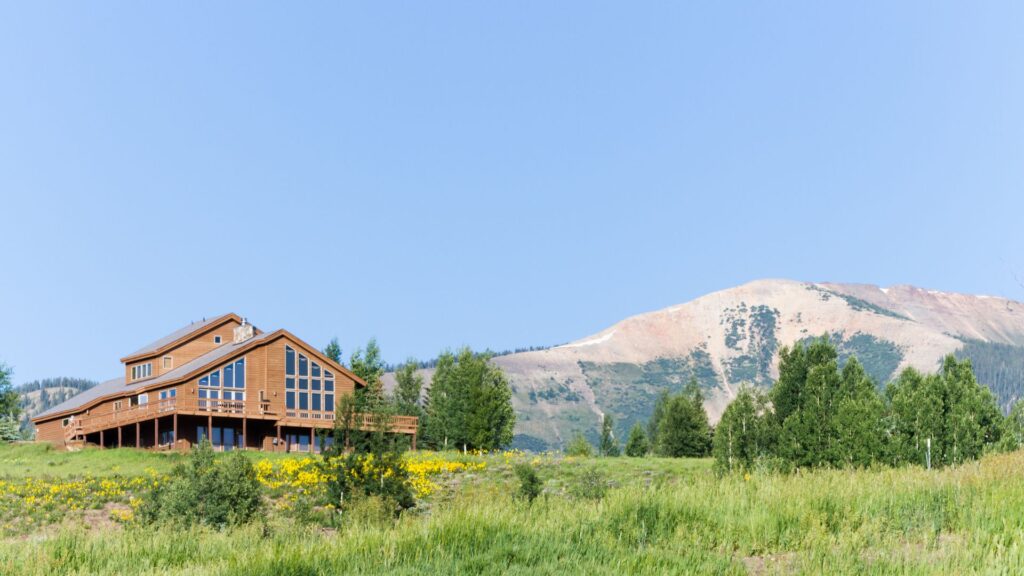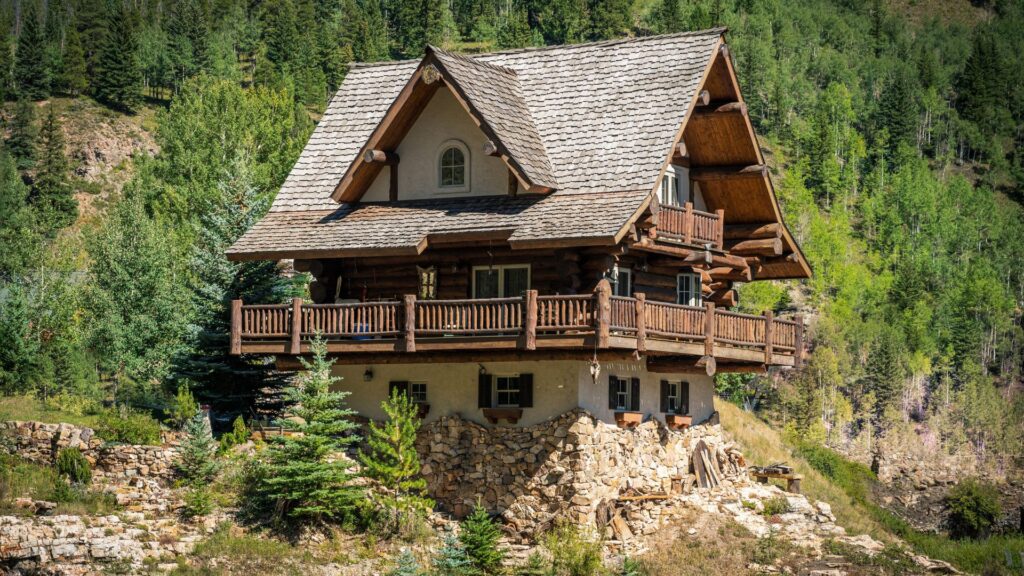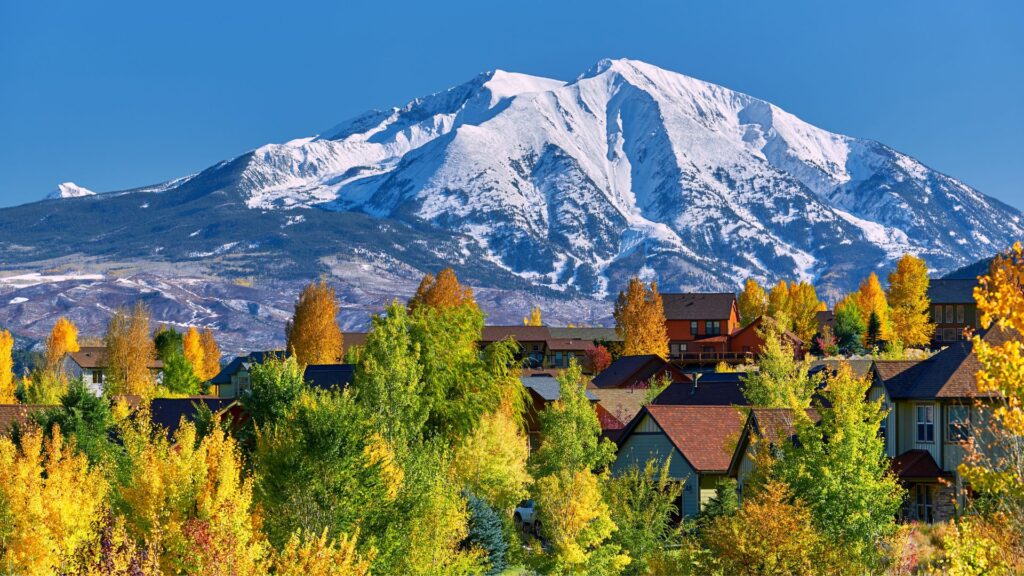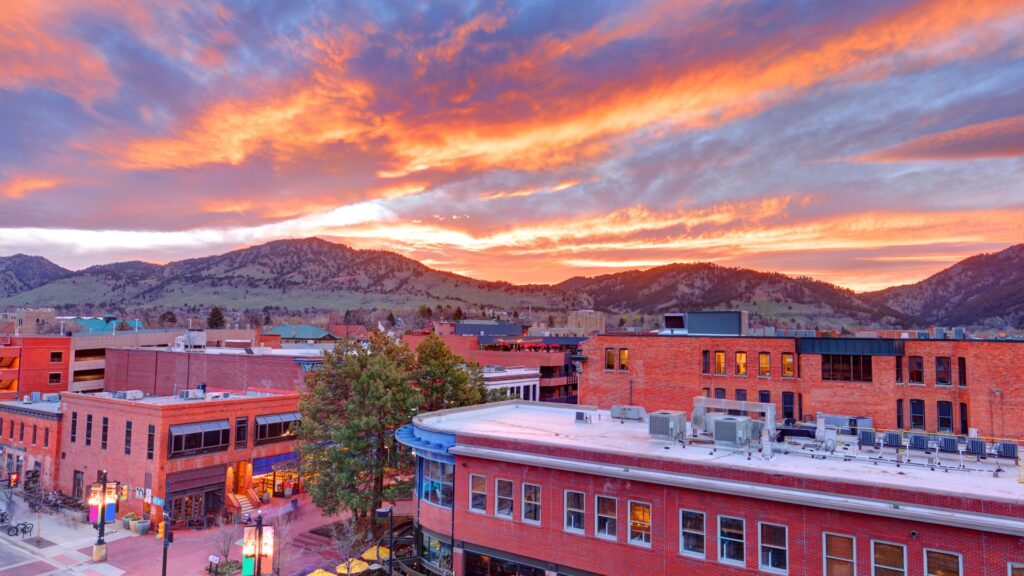Protect Your Colorado Home with the Right Insurance
Get personalized home insurance quotes tailored to your needs.
- Safe
- Secure
- Free

What Is Home Insurance and Why Do You Need It?
Home insurance protects your home and belongings against risks like fire, theft, and natural disasters.
From hail damage in Denver to wildfire risks in the mountains, the right coverage gives you peace of mind.
Why Home Insurance Is Essential for Colorado Homeowners?
- Financial Protection: Covers repair or rebuilding costs in case of damage.
- Personal Belongings Coverage: Protects furniture, electronics, and valuables.
- Liability Protection: Covers legal expenses if someone gets injured on your property.
- Peace of Mind: Feel secure knowing your home is protected.


What’s Typically Covered by a Home Insurance Policy?
- Dwelling Coverage: Covers your home’s structure.
- Personal Property: Protects items inside your home.
- Liability Coverage: Helps with legal and medical costs if accidents happen.
- Additional Living Expenses: Covers costs if you need to live elsewhere during repairs.
How We Simplify Your Home Insurance Search
-
We match you with local agents who understand Colorado’s unique risks. -
Get customized quotes based on your home and location. -
Easily compare options and choose the right coverage for your needs.
- Trusted by thousands of Colorado homeowners.

Ready to Protect Your
Colorado Home?
Frequently Asked Questions
What factors impact home insurance costs in Colorado?
Home insurance costs in Colorado are influenced by several factors. The location of your home plays a significant role, as areas prone to natural disasters like hailstorms, wildfires, or flooding often face higher premiums. The characteristics of your home, including its size, age, value, and construction materials, also impact costs, with larger or older homes typically costing more to insure. The amount of coverage you choose and your deductible directly affect your premiums, as does your personal claims history and credit score. Homes equipped with safety features like security systems or smoke detectors may qualify for discounts, and proximity to emergency services, such as fire stations or hydrants, can reduce costs. Additionally, bundling home insurance with other policies, like auto insurance, often results in savings. Insurer-specific factors, including discounts and competition, further contribute to the final premium. Understanding these elements can help you make informed decisions and find the best policy for your needs.
Does home insurance cover wildfire damage?
Yes, most standard homeowners insurance policies cover wildfire damage. This typically includes coverage for damage to the home’s structure, personal belongings, and detached structures, such as garages or sheds. Additionally, many policies offer loss of use coverage, which reimburses you for temporary living expenses if your home becomes uninhabitable due to a wildfire. However, in high-risk areas, such as wildfire-prone regions in Colorado, insurers may charge higher premiums, impose stricter terms, or exclude wildfire coverage entirely. To ensure adequate protection, homeowners should review their policies carefully and consider fire mitigation measures, such as fire-resistant roofing or landscaping, which may also help reduce premiums. If wildfire coverage is unavailable through traditional insurers, homeowners may need to explore state-run insurance programs or the surplus market.
How can I lower my premiums?
You can lower your home insurance premiums by taking several steps. Increasing your deductible is a common way to reduce monthly costs, though you’ll need to cover more out-of-pocket expenses if you file a claim. Bundling home insurance with other policies, like auto insurance, can also provide significant discounts. Installing safety features such as security systems, smoke detectors, and fire alarms often qualifies you for reduced rates. Upgrading your home with fire-resistant materials, storm-proof windows, or modern electrical systems may lower your risk profile, leading to savings. Additionally, maintaining a good credit score can help, as insurers in many states use credit history to determine premiums. Regularly comparing quotes and reviewing your policy ensures you’re getting the best possible rate.
Home insurance costs in Colorado are influenced by several factors. The location of your home plays a significant role, as areas prone to natural disasters like hailstorms, wildfires, or flooding often face higher premiums. The characteristics of your home, including its size, age, value, and construction materials, also impact costs, with larger or older homes typically costing more to insure. The amount of coverage you choose and your deductible directly affect your premiums, as does your personal claims history and credit score. Homes equipped with safety features like security systems or smoke detectors may qualify for discounts, and proximity to emergency services, such as fire stations or hydrants, can reduce costs. Additionally, bundling home insurance with other policies, like auto insurance, often results in savings. Insurer-specific factors, including discounts and competition, further contribute to the final premium. Understanding these elements can help you make informed decisions and find the best policy for your needs.Yes, most standard homeowners insurance policies cover wildfire damage. This typically includes coverage for damage to the home’s structure, personal belongings, and detached structures, such as garages or sheds. Additionally, many policies offer loss of use coverage, which reimburses you for temporary living expenses if your home becomes uninhabitable due to a wildfire. However, in high-risk areas, such as wildfire-prone regions in Colorado, insurers may charge higher premiums, impose stricter terms, or exclude wildfire coverage entirely. To ensure adequate protection, homeowners should review their policies carefully and consider fire mitigation measures, such as fire-resistant roofing or landscaping, which may also help reduce premiums. If wildfire coverage is unavailable through traditional insurers, homeowners may need to explore state-run insurance programs or the surplus market.You can lower your home insurance premiums by taking several steps. Increasing your deductible is a common way to reduce monthly costs, though you’ll need to cover more out-of-pocket expenses if you file a claim. Bundling home insurance with other policies, like auto insurance, can also provide significant discounts. Installing safety features such as security systems, smoke detectors, and fire alarms often qualifies you for reduced rates. Upgrading your home with fire-resistant materials, storm-proof windows, or modern electrical systems may lower your risk profile, leading to savings. Additionally, maintaining a good credit score can help, as insurers in many states use credit history to determine premiums. Regularly comparing quotes and reviewing your policy ensures you’re getting the best possible rate.